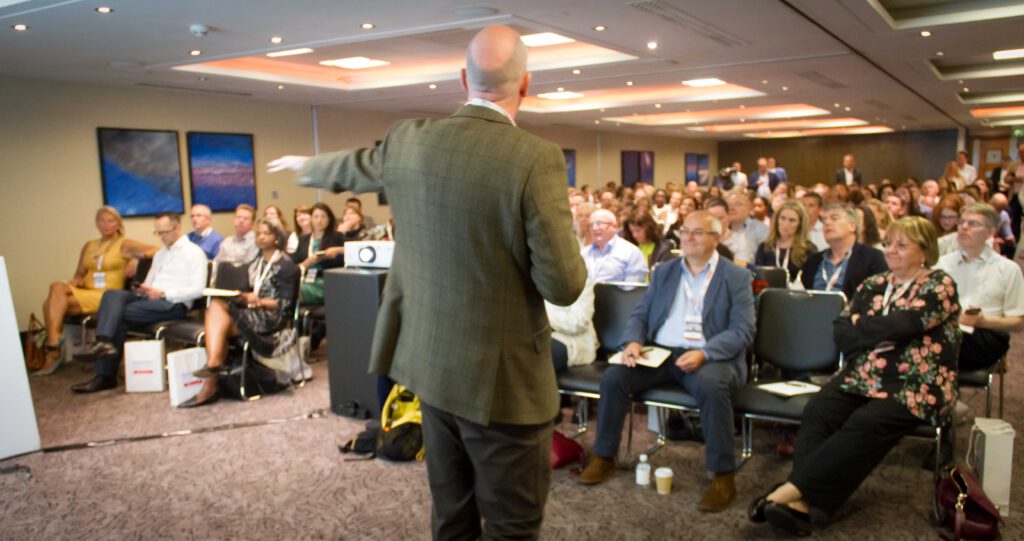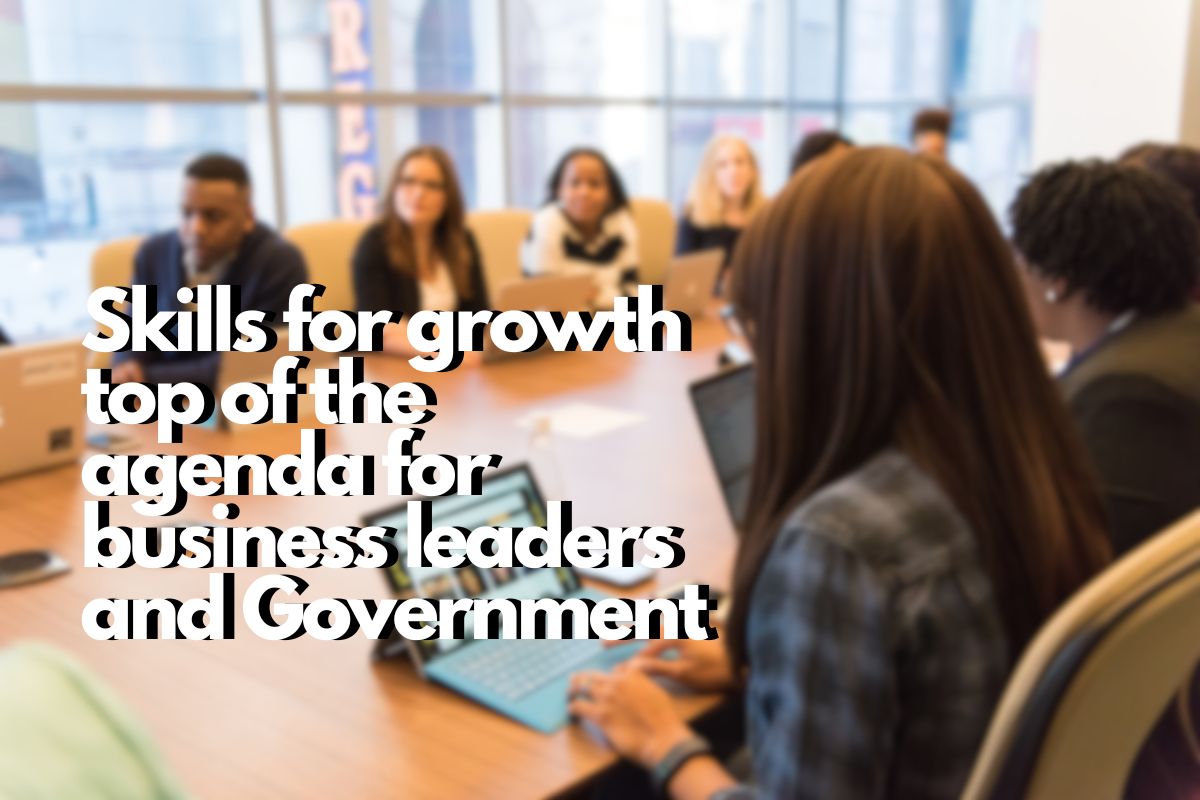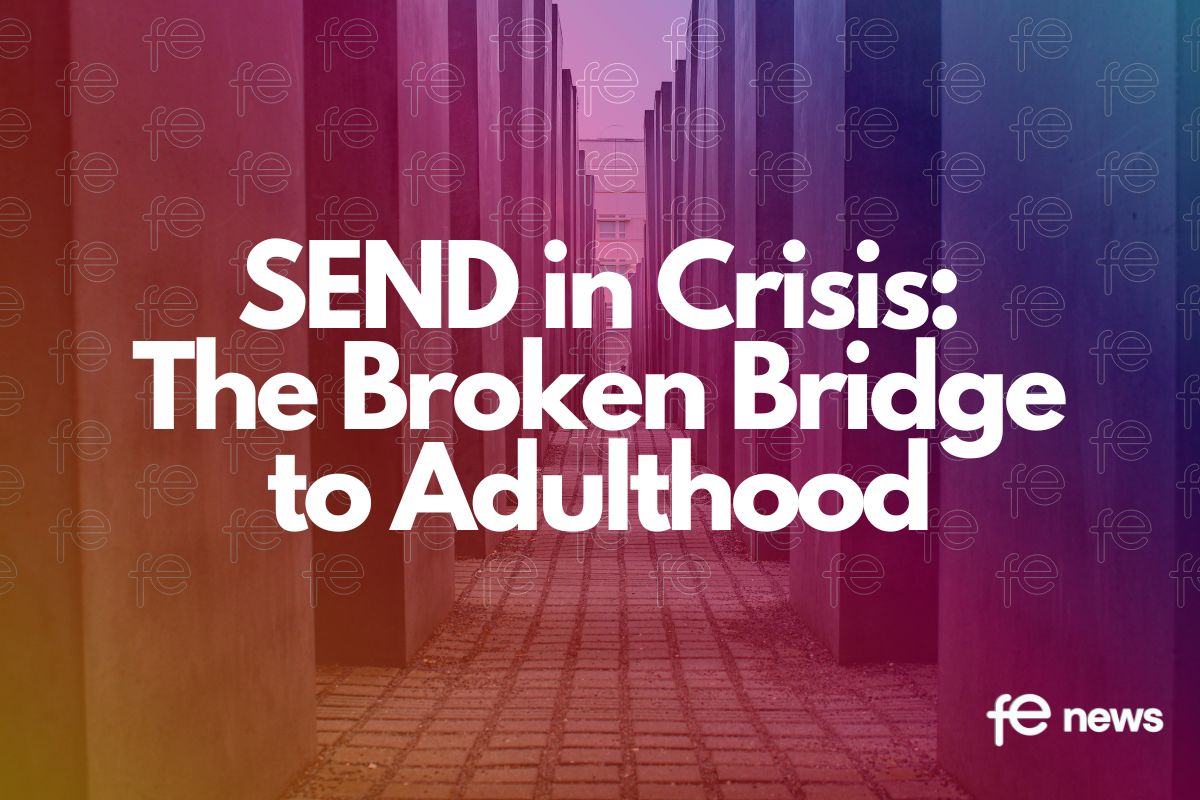Emotional Resilience and the Future of Mental Health

The Mental Health Epidemic
Mental health has become a prominent topic across the world in recent years. The rise of mental ill health along with its effects in almost every area of life, inside and outside of work and school, has become more recognised as discussion around mental wellbeing has become mainstream.
A survey from the charity Action for Children which involved more than 5,500 British teens aged 13-15 found that almost a third suffered from mental health issues.
In 2017, a whopping 324,724 children and young people accessed NHS care in England for problems such as anxiety, depression and eating disorders. And primary school children are beginning to suffer from mental health issues too, as a survey from the NHS in 2017 revealed that 5.5% of pre-school children between two and four were experiencing a mental disorder.
Mental health issues are also exacerbated in adolescence. We all know that teenagers can struggle with their mental health, but the problem is taking on a new urgency. In particular, academic pressure to perform well in exams is causing stress and anxiety in teens as schools begin to ramp up preparations for GCSEs and A-Levels.
The workplace is also starting to feel the effects of poor mental health. In 2017, a government-commissioned report uncovered that staff turnover, sickness and a loss in productivity caused by poor mental health issues cost UK employers £42 billion that year. But, while a survey by the CV Library found that 14.1% of workers consider themselves to have a mental health problem, another poll found that only 13% of all employees would be comfortable talking about their mental health at work.
The issue is clearly severe. Stress, anxiety and depression are some of the most common mental health conditions experienced by individuals across the UK, but the stigma of talking about mental health and seeking out help still remains.
The national dialogue around mental health is becoming stronger, and preventative solutions must be implemented in order to help people build and maintain stronger mental wellbeing. Otherwise, awareness will simply get stronger as mental health continues to deteriorate.
So, how do we increase mental wellbeing across the UK?
What is Emotional Resilience?
TQUK has partnered with Jay Baughan, founder of the Social Emotional Development Institute (SEDi), to develop two qualifications around emotional resilience.
The TQUK Level 3 Award in Youth Leadership and Social Emotional Development Practice (RQF) and the TQUK Level 3 Award in Developing Emotional Awareness and Resilience in the Workplace (RQF) will focus on developing emotional resilience specialists in youth and workplace settings. Both qualifications delve into the science and impact of emotions, explore emotional intelligence and identify emotional needs.
First, they focus on increasing the learner’s self-awareness of their own emotional intelligence, educating them on the effects of adverse childhood experiences and stress. Then, they equip them with the models and tools needed to build emotional resilience in others by recognising their emotional needs and creating an emotionally safe environment for individuals and teams.
Emotional resilience refers to someone’s ability to deal with and adapt to stressful situations or crises. Emotionally resilient people are able to adapt to major and minor life changes, which can range from severe adversity to minor stress. Emotional resilience is, to a certain extent, a natural ability, but can be developed more seriously through training, which Jay aims to do with these qualifications.
Through becoming aware of their own needs and understanding what they are feeling and why, a learner can recognise the situations and behaviours that cause them anxiety and stress and deal with them appropriately. Once they become qualified specialists, they can then focus on establishing emotionally safe spaces and developing emotional resilience in the people around them. This will improve the way that children, adolescents, youth and adults maintain their mental wellbeing, which will decrease their levels of stress, anxiety and depression.
Jay, who has supported emotional resilience through programmes around the world for years, approached TQUK and worked with Kelly Venter, TQUK’s Qualifications Manager, to develop his courses into regulated qualifications.
We sat down with Kelly and Jay to see how these qualifications came to be.
“We have a suite of mental health qualifications at the moment,” Kelly said, “but we’re always looking to expand and develop them. Jay came to us because he’d been delivering emotional resilience programmes around the world for years and knew that he had these great courses which could be regulated and implemented across the UK. Given how important mental health is, especially in the workplace, we felt really passionate about developing these qualifications and thought that it was a great route for us to go down.”
Jay’s Journey
Jay himself is no stranger to poor mental health. After finishing a corporate career in 2008, which spanned over 25 years, he suffered from mental health issues and decided to research behavioural science to restore his emotional resilience. What he uncovered was the science of emotional intelligence which focused on better understanding emotions and the root of people’s actions. He established a bespoke consultancy and began lecturing UK students on how to increase their emotional resiliency to help them make a seamless transition into the working environment.
After one lecture, a delegation from the Nigerian government approached him and asked him to become a consultant to their vocational skills training programme for at-risk youth in Nigeria. Jay came on board and implemented a radical model which developed youth mentors who then supported their peers as they made their transition from village life into internationally provided vocational training. Between 2012 and 2015, Jay spent time living and working in Nigeria to refine what is now a proven model of learning, development and ongoing CPD.
“My journey into Africa resulted in a complete transformation of their programme to include wraparound support [where the instructor facilitates an individual plan of care specific to the learner which is then implemented and evaluated over time] for mental health,” Jay said. “Through train-the-trainer [where the trainer trains the learners while also teaching them how to train others], we created emotionally intelligent peers who were knowledgeable about emotional needs, trauma and had the ability to support other young people who were undergoing vocational skills training.
“My years in Africa revealed the international need for the same training. What we’ve done since then is help individuals in other organisations like charities, schools and youth projects understand how to work better with their emotions so that they can help others build the awareness and skills needed to become emotionally resilient.”
Resilient Me
To give the TQUK staff a little taster of his qualifications, Jay came into our offices to deliver his ‘Resilient Me’ workshop, which is the foundation on which his two qualifications are built. In the workshop, Jay educated the staff on anxiety and stress and explained the possible causes of these conditions, such as childhood trauma and emotional abuse. He then guided the TQUK staff to break down and examine their own emotional intelligence by delivering interactive exercises around how they viewed themselves, giving them valuable insight into how they felt and functioned as people.
Jay has delivered his ‘Resilient Me’ workshops in workplaces across the UK, including the Channel Islands, and has always received an enthusiastic response from the staff.
“It’s almost like a breath of fresh air,” he said. “The response that I received was ‘this is what I’ve been waiting for but my manager won’t go for this’. That’s a big reason why I decided to go more formal and develop my programmes into regulated qualifications.”
The Future of Mental Health
With these qualifications, Jay’s mission is to establish emotional safety across the UK. He’d like everyone to feel that they are working and operating in spaces that recognise and meet their emotional needs. “There’s nothing worse than living or working somewhere in which you don’t feel emotionally safe,” he said.
“We’re talking about implementing a cultural change where team members are no longer totally oblivious to each other’s emotional needs. We’d like to build considerate and focused environments where people are aware of their language and how this impacts others, where they recognise and prevent any attacks on self-esteem and stop behaviour that causes emotional unease.”
These qualifications are the first step towards a more mentally conscious future. Jay is already implementing social emotional learning in schools across the world so that children can develop the capability for emotional resilience from a young age.
“This is about how people can be taught at a very young age to create emotional safety within themselves,” he said. “They should be able to say, ‘I know myself and my limitations well, I know when things are beginning to affect me because I can feel my stress levels rising so I take myself away from the situation, I know when I’m getting angry or scared and this is how I deal with things.’ That’s because they were equipped with these skills from childhood, and they should know how to encourage others to build emotional resilience in the same way and offer valuable peer to peer support. That, to me, is the ultimate objective before I die.”
“We hope these qualifications will be everywhere, even worldwide,” Kelly said. “Jay has already delivered courses around the world, so it will just get bigger so that we can help people everywhere. To be able to improve the mental wellbeing of yourself and the others around you is absolutely invaluable, and we hope that others see that too.”
On the future, Jay is hopeful.
“I see a movement and a voice from people half my age,” Jay said, “and they are the real decision makers. I think that there’s momentum coming through that demands this knowledge. People are crying out and saying ‘we need to understand what’s going on in ourselves, we’re sick of feeling terrible and we need to create safety around ourselves, so enough is enough.’ I think there’ll be more demand for this in the next few years, so hopefully these qualifications will give people the quality resources, knowledge and skills they need to change the world for the better.”











Responses